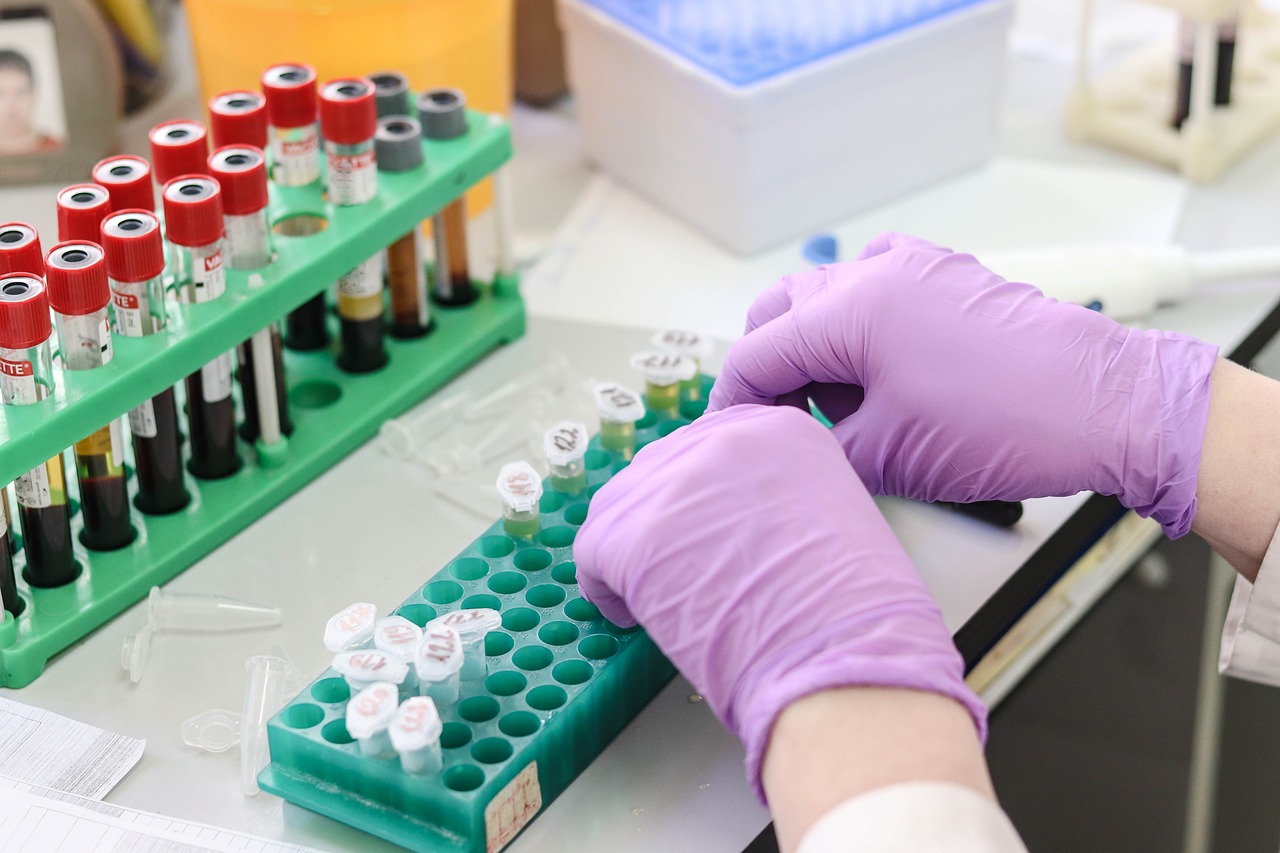
Verily will hold an antibody research study on coronavirus. It focuses on the response of the human immune system to the coronavirus pandemic.
Alphabet’s life sciences company will adapt its existing study, Project Baseline, which will apply the latest technology for longitudinal health care research.
In its first initiative, Baseline Antibody Research, there is serology testing to those who have already taken a nasal swab test from Verily’s testing program.
Verily, which was formed through Google Life Sciences, has conducted testing sites across various areas in California for those who appeared to have been infected by the virus.
A serology test aims to trace antibodies, which lingers in the blood to help curb infections. Researchers believe in the capability of antibody testing in terms of assessing how rampant Covid-19 is in a community.
However, there are different layers of accuracy across the various test markers. These tests are disclosing false positive and false negative results. Several public health experts are worried about depending on antibody testing for so-called “immunity passports."
Dr. Jessica Mega, Verily’s chief medical officer, said the company wants to further investigate antibody testing, since there are many unknowns about the implications of a positive or negative result.
The Verily study will ask respondents to present blood and nasal samples three times over the course of ten weeks. The study will also assess individuals who have been tested positive with the virus, as well as those who tested negative.
The company noted that although a Google account is required from baseline study participants, it would not disclose people’s health information with Google for advertising.
Respondents will also be surveyed about their lifestyle and mental health. “Such information from healthy individuals can help quantify the public health impact of the disease, and provide a basis for better understanding the changes caused by COVID-19,” the company wrote in a blog post published on Monday.
The initial study will be held in California for now, but Mega said it may expand nationwide.
Hydroxychloroquine
Mega also said that Verily is using its technology for a clinical trial that aims to determine whether the anti-malaria drug hydroxychloroquine can decrease the risk for medical workers. Verily noted that they aim to understand whether hydroxychloroquine can, and should, be given prophylactically, meaning on a preventative basis.
This month, the National Institutes of Health or the NIHS halted the hydroxychloroquine clinical trials after showing zero results for Covid-19 patients.
The moves comes after the Food and Drug Administration (FDA) cancelled the emergency use of hydroxychloroquine on Monday and the World Health Organization removed the drug from its global study on Wednesday.
“A data and safety monitoring board met late Friday and determined that while there was no harm, the study drug was very unlikely to be beneficial to hospitalized patients with COVID-19,” the NIH said in a statement on Saturday.
The FDA found that the drug is “unlikely to be effective in treating COVID-19” and mentioned its side effects including serious heart rhythm problems.






